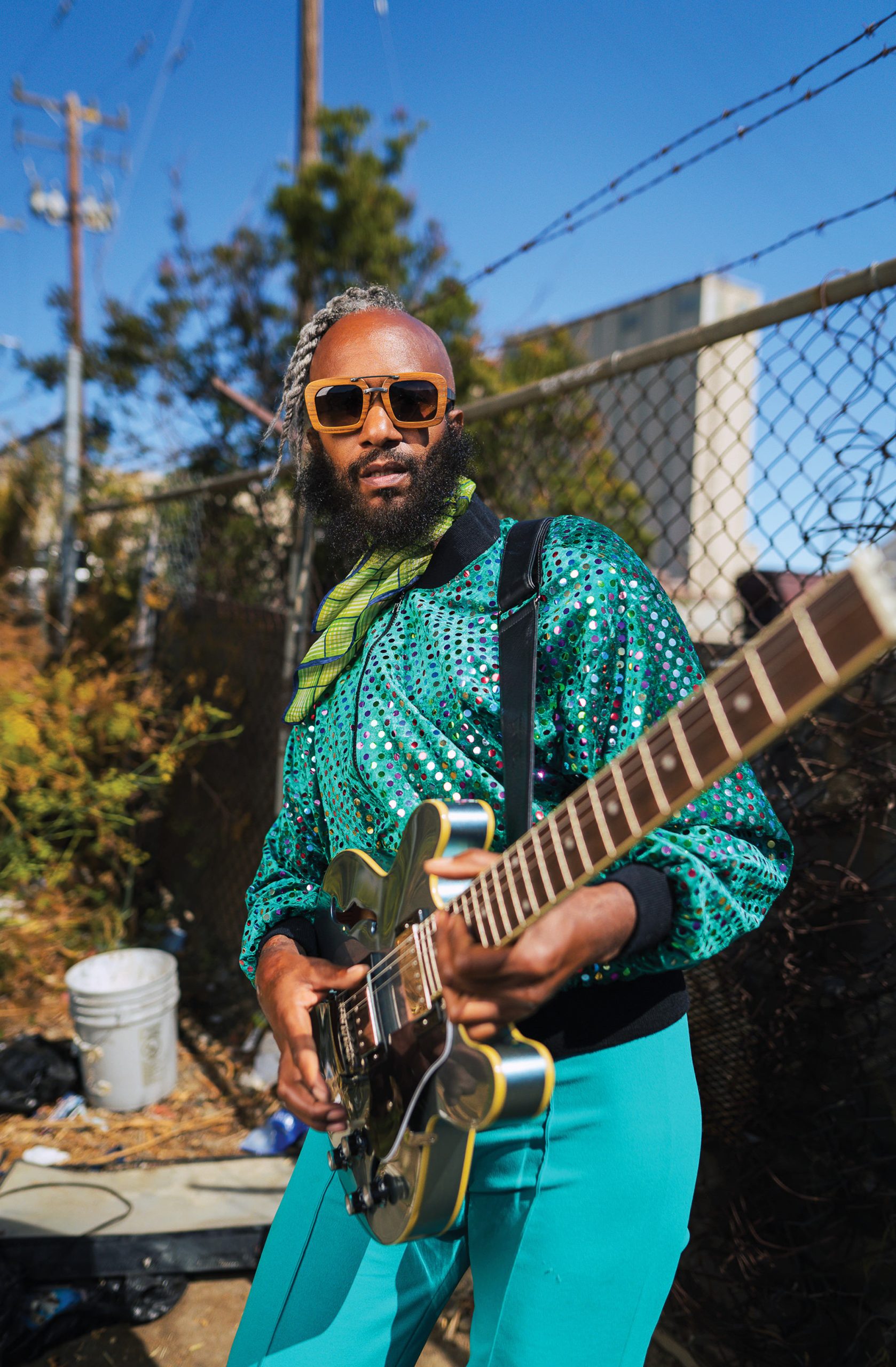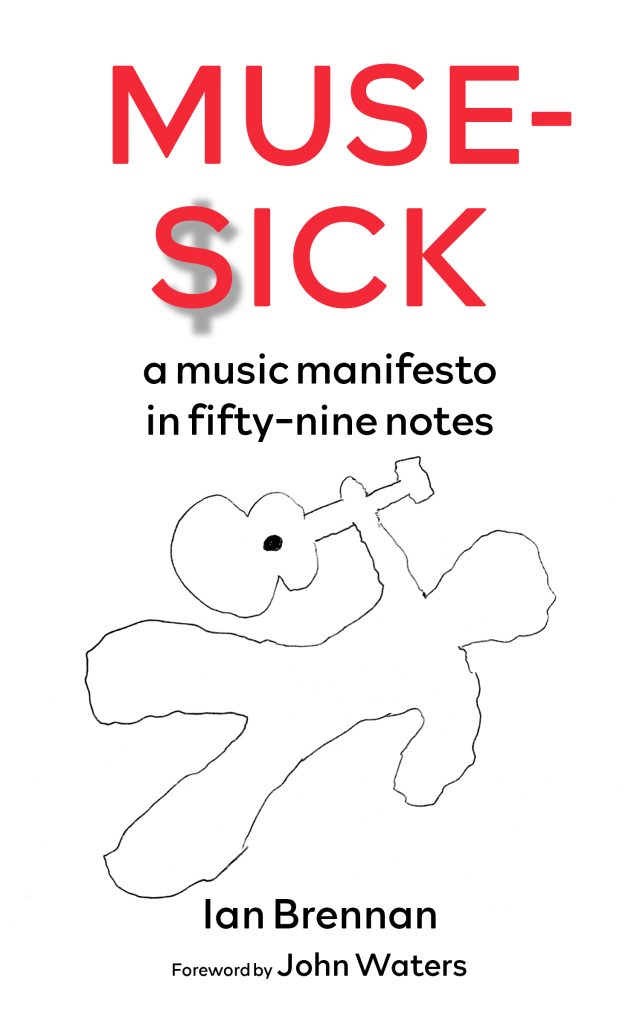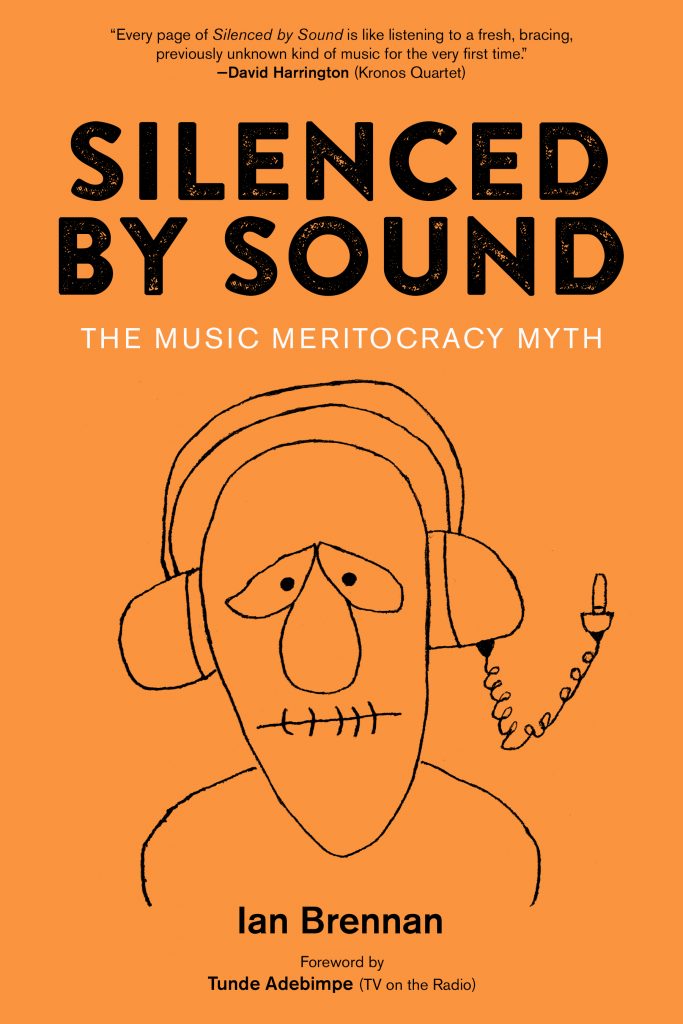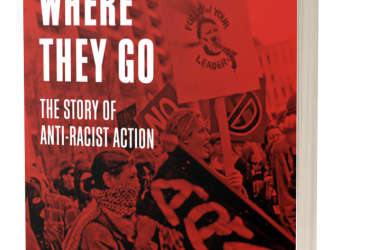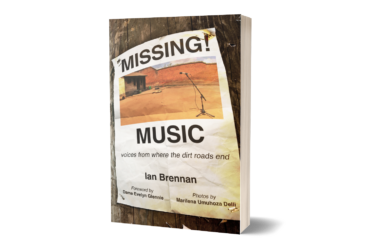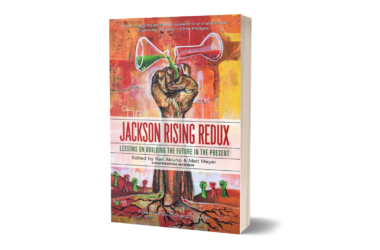By Ian Brennan
TapeOp
Fantastic Negrito’s new album, White Jesus Black Problems, is based on the true story of Negrito’s seventh generation white Scottish grandmother (Grandma Gallamore), an indentured servant living in a common law marriage with his seventh generation African American enslaved grandfather (Grandfather Courage); in open defiance of the racist, separatist, laws of 1750s colonial Virginia.”
In this country, we worship billionaires while parts of some cities look like what we’d call the third world. I’m trying to convey what I see when I walk down the street here in Oakland.”
Born Xavier Amin Dphrepaulezz in 1968, he released a big budget Interscope debut (The X Factor) as Xavier in 1996. Then, after a near death accident and quitting music for seven years, he was reborn as Fantastic Negrito. He has released five albums under the moniker since 2014, and the last three, including 2021’s Have You Lost Your Mind Yet?, have won consecutive Grammys for Best Contemporary Blues album.
How was your experience working with a major label, Interscope, in the mid-1990s?
They wanted me to work with Teddy Riley [Michael Jackson, Bobby Brown, Heavy D] and Nile Rodgers – who I probably should’ve worked with. [laughs] But I was stubborn, furiously independent, and probably an egomaniac; insecure and terrified. Check all of the boxes. Give a 25-year-old dude a million dollars – I was able to change the direction of my life, and my family’s, by just signing my name. I pulled myself out of poverty and never returned. I was naïve though. I thought I’d go make a record, put it out, and “everybody loves you.” [laughs] For me, it turned out the opposite. But we have these negative experiences and that is the way we learn. I don’t know if we learn much when everything is going great. We learn the most valuable lessons when we are challenged. I bought equipment with my record advance instead of getting a fancy car. I’m the eighth of fourteen kids, so there were a lot of people to help. I still have, and use, some of the gear I bought at that time, including a Neve API Lunchbox, a Urei 1176LN “blackface” compressor, and some Groove Tubes mics. I’m staring at one of those mics right now.
You’ve been doing this for decades. What were some early experiences in the studio?
I’ve produced all of my own albums. I’m an old man over here. [laughs] I come from the analog world in the ‘80s. I went to L.A. from Oakland in 1990, and didn’t know what I was doing. I started knocking on doors. Some guys in the neighborhood owned a studio. I came to find out later that they were the gangsters; the drug dealers. I didn’t find out until I’d been working there for a while. I told them, “I just want to learn how to work the tape machines and the boards.” I kept working late, and they said, “Hey, we’re closing down for the night.” I asked them if I could stay. I started staying up all night and sleeping on the floor. I was trying to learn the mixing console and the whole amazing world of audio. They had a bunch of old gear and some old Soundcraft board. I remember meeting Robin Thicke there when he was 14 years old, Jamie Foxx before he was famous, and will.i.am, who back then was called Will 1X.
That’s Los Angeles – movie stars and gangsters.
But I started learning through trial and error. I fell in love with tape distortion. They said, “You can’t do that.” But I said, “No, I like that sound.” [laughter] That love of distortion has remained a constant in everything I’ve ever done. A few weeks later, I saw the same guys on the news in L.A. Someone had found a headless body in their house. I got out of there quick.
LA 1990 – flat top Home studio
Where do you stand on analog versus digital gear?
I use whatever is available. I’ve never been a hardliner. I believe in content. Content is king. What matters is what you are recording. What matters is what you are saying. My first two Fantastic Negrito albums were recorded with an Apogee Duet interface – two inputs and a $200 microphone. It was Pro Tools 9, with a laptop that was more than eight years old. I was afraid to update the Pro Tools, that I would mess up my Pro Tools mojo. The most important part of recording is the side you can’t touch – the intangible. The visceral, spiritual side of recording is why we love great recordings. It’s not because of what they were recorded on. When I won NPR’s Tiny Desk [Contest] in 2015, I used an [Apple] iPhone and iPad. That’s not what people were paying attention to. I love gear, but first and foremost you need artistry.
I find that many posers talk about equipment when they lack ideas artistically.
I think you’re 100 percent right. [laughs]
Having grown up in the Bay Area, I see what you’re doing as following in the lineage of Sly Stone and the tradition of East Bay liberalism.
Yeah, even if you think you are not being influenced by Sly Stone, you are. [laughs] I met Robert Plant [Led Zeppelin] and within three minutes, the first thing out of his mouth was, “Sly Stone.” Those early albums, holy, shit! What a contribution.
I know you were influenced by Prince.
What influenced me about Prince were three specific albums when I was a kid; Dirty Mind, Controversy, and 1999. Those albums were eclectic and artistically free. Those records didn’t give a fuck, which is so important. They were punk rock. I really don’t know much about Prince’s music after the 1980s. He probably did a lot of great music, but I loved the countercultural, punk rock aesthetic of his earlier music. And who was Prince influenced by? Sly Stone. [laughter] Having an interracial and mixed-gender band, his singing, and his approach; there was so much of Sly in that. But Sly isn’t given his due, because he didn’t die young. He just kept on living.
How do you feel about your music being called blues?
Personally, I don’t think about categories and genres. That’s marketing. I never sat down and thought, “I’m going to make a ‘rock’ record, and next I’m going to make a ‘blues’ record.” People either connect with a piece of music or they don’t. Instead, I always connect with the intention of an artist, the honesty of an artist, and how uncomfortable that can make me feel, but also still somehow inspire at the same time. Blues and Black American roots music has influenced the world, and that is incredible. From classic rock bands in the UK, to Fela [Kuti], who was listening to James Brown. What matters is that we create something interesting and compelling that moves people.
X Factor – during the time of the Interscope Deal 1994 in SF, Masa Kohama on Guitar next to Xavier
What are some of the recordings that inspire you?
The Robert Johnson recordings. They’re so impactful, inspirational, and mysterious, and they feature such incredible songwriting. One man, one guitar. The whole band is in his hands. He’s just sitting there with this antique recording equipment. I always go back to that rawness. The sense of connection is extremely inspiring. Every time I hear it, it sounds like something new. Anybody can play those chord progressions, but Robert Johnson is connecting with that ethereal, intangible part of living – one generation removed from slavery, and I can feel that. I will listen to his recordings for the rest of my life.
And those recordings were done in a hotel room and cut straight to disc. The imperfection of that process – the lack of low and high end, the wow and flutter in the signal – are “imperfections” that are an integral part of what makes the sound so otherworldly.
Yes. And I love Sly [& The Family Stone]’s There’s a Riot Goin’ On. It isthe dankest, funkiest, lowdown thing, yet it’s accessible for everyone at the same time. You can put that one on repeat for days. Also, Kendrick Lamar’s To Pimp a Butterfly helped me when I was making my first album. It is a masterpiece. That is what an album should feel like – one slice, as it’s happening.
Left: Blood Sugar X – Austin Texas 2004 | Right: Blood Sugar X – Brooklyn NYC 2004
Oakland has an often unheralded blues history, with the clubs and studios that lined 7th Street, and the community of Russell City, south of Oakland, which was a settlement for immigrants that had been refused housing in the suburbs south of Oakland. Russell City was bulldozed in 1964, to make way for an industrial park. But incredible folks would drive down and play there after their gigs in San Francisco. People like Ray Charles, Big Mama Thornton, and Lowell Fulson.
As a child, blues was talked about, but I had no interest. [laughs] You have to be ready to hear it, to listen to it, to let it into your system. I had to live my life. I had to fail and fall down. I had to bury my 14-year-old brother and bury my 16-year-old cousin. I had to get a major record deal and fail. Have an accident and lose the use of my right hand. Once I’d failed enough, I could then receive that music. But we grew up with our own blues – hip-hop. Being a child of the 1980s, that was our blues. People forget that hip-hop shares the most important aspect of the blues: The storytelling. How do we navigate this brutal white supremacist system and keep our dignity as a person? One of my uncles from the South said, “White folks thought we were sad when we played the blues, but we weren’t sad.” That lived in my head, always. When I got older, I figured it out, “I’ve got to find a way to survive and still express myself as a human being.” Dignity and self-respect are the things we’ve been denied. This system is brutal. And the remnants remain prevalent.
Angela Y. Davis’ incredible book, Blues Legacies and Black Feminism, talks about how Bessie Smith and Ma Rainey wrote so much about celebrating travel and sexuality because those were freedoms that had been violently and officially denied African Americans until just a few decades earlier. Where do you stand regarding white blues players?
People complain too much. That said, if you’re going to try to do our music, you’d better do it good! [laughs] Of course, it is Black music that the world does. They all got their style from the blues. Eminem? Well, shit. He’s great. Be great when you do this shit. Led Zeppelin? Those motherfuckers were great. You better be good, though. You better be goooood! [laughter] It’s not all bad. A lot of people had forgotten about Muddy Waters and Skip James until the Rolling Stones came along and told people that they were their idols.
LA 2000 – right after Xavier’s near fatal car accident
How did you reach the Fantastic Negrito phase of your musical life?
I was 47 years old when I did my Fantastic Negrito debut [Fantastic Negrito]. I was like, “Nobody cares about what I’m doing, so why not just have fun?” There was no pressure. It wasn’t like I was in my 20s and saying, “Oh, man. I want to be famous.” I was busking on the streets. Why? Because I liked doing it. I said to myself, “If two inputs and a mic is the only equipment I have, then this is what I’m going to make work.” I was busking just for my mental health. I needed to reconnect with music. I quit music for seven years, and I started playing on the streets just to feel like a human being again. It felt great to get out there and play in the subway. It made me feel like I was contributing to the city, and that was important to me.
After a very grave car accident, you had to relearn to play guitar.
I’d lost most of the usage of my right hand. I had to change my approach. There were a lot of things I was never going to be able to do again physically, so in order to be happy I had to say goodbye to my right hand.
One of the untold stories of the evolution of the guitar itself is how it was influenced by individuals transcending limitations – such as players that were partially missing fingers. Django Reinhardt, Jerry Garcia, and Black Sabbath’s Tony Iommi, to name a few.
As my grandmother says, “Work with what you’ve got.” That’s the tradition of the blues. You don’t have much, so you better master what you have.
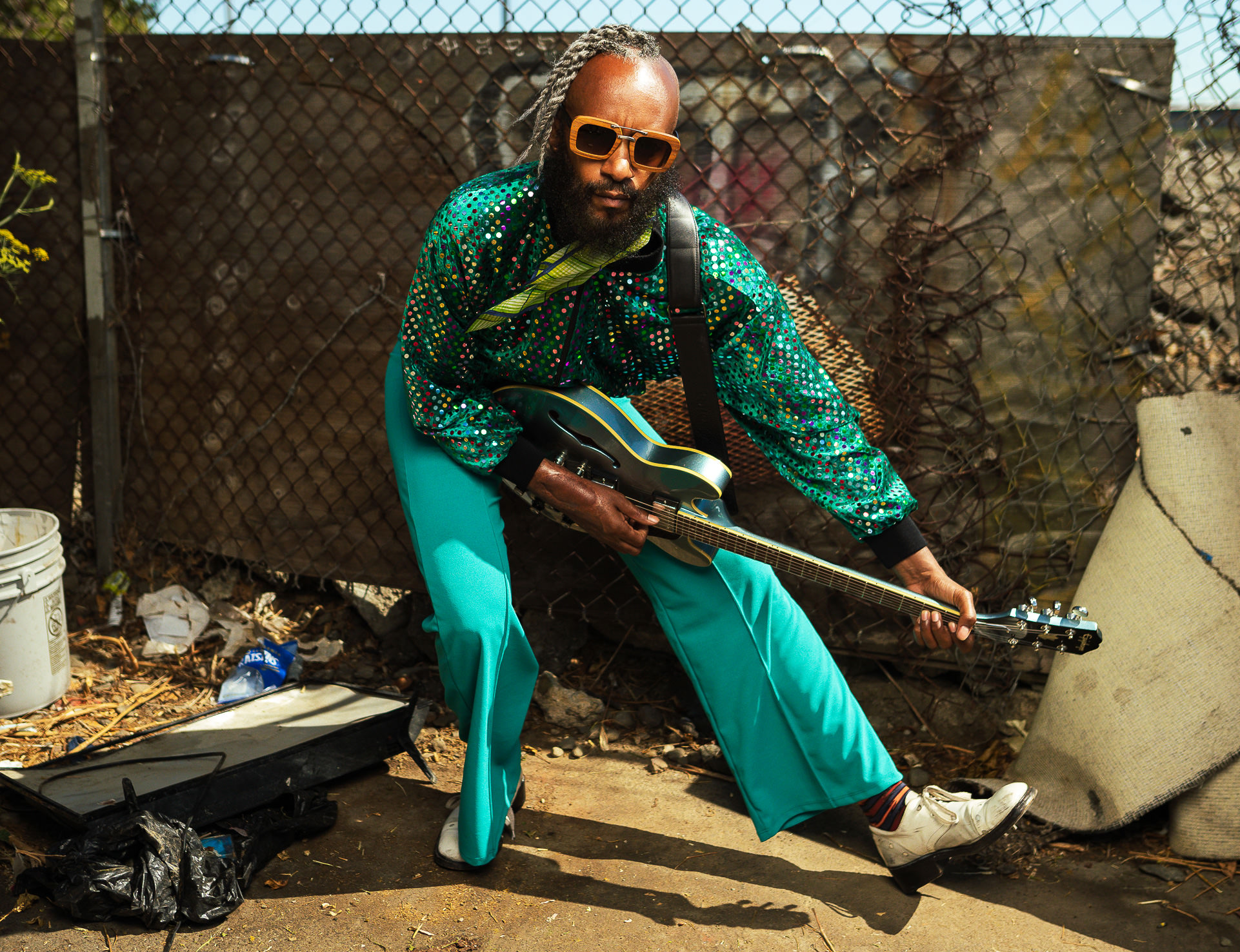
With so many years’ experience in the studio, what are some “tricks” that you’ve learned?
I have a secret weapon in the studio; an $89 Rogue bass guitar from Korea. I have to record and write everything on that bass to make a record. I love the tone and ugliness and sincerity that comes out of that bass. My bass player hates that I play that thing. I fell in love with Soundtoys [plug-ins], and the Moog Sub 37 [synthesizer]. I did a lot of layering on the new record with that, coupled with a transistor organ. The two were battling on the album. I overdubbed the Moog eight times on the intro to the album. It’s so edgy and beautiful. Artistically, I have to keep taking left turns and see how much further can I push, and to keep pushing it when it gets scariest. I don’t even know if I am going to do another Negrito record. This might be it. People always say to me when I make a record, “Oh, my god! This isn’t ‘blues.’ This isn’t the bluuuuues, the roots of the music.” And that is probably the greatest compliment that they can pay me. [laughter]
Ian Brennan is Grammy-winning music producer (Zomba Prison Project, Tinariwen, The Good Ones [Rwanda], Tanzania Albinism Collective) who in the past decade has recorded in the field over 40 records by international artists across five continents (Africa, Europe, North America, South America, Asia). He is the author of seven books, with his latest, Muse-$ick: a music manifesto in fifty-nine notes, published in fall 2021 by Oakland’s PM Press.

